Three top Mossad officials resign over moves by new spy chief
Three top officials in Israel’s espionage agency have resigned over decisions made by Mossad’s new director, David Barnea, with a fourth official considering resignation as well, according to a report.
Israeli media reported on Thursday that the three Mossad officials, who resigned in the past few weeks, were three of the espionage agency’s most senior officials, holding the comparative rank of major-general in the military.
Barnea took over as director of the Mossad from Yossi Cohen in June, after previously serving as the Mossad’s deputy head for nearly two years.
Barnea, also known by his nickname Dedi, served as a combat soldier in the Sayeret Matkal commando unit and has been in the Mossad for the past 25 years.
Former Israeli prime minister Benjamin Netanyahu announced his appointment in May, saying his top task was to undermine Iran's nuclear energy program.
The top Mossad officials who recently quit include the head of the technology division, the head of operations, and the head of the branch purportedly dealing with the anti-terror war.
A fourth senior official is also reportedly considering quitting.
The resignations were said to be directly linked to organizational decisions made by Barnea to divide up responsibilities in the spy agency and split existing branches.
The former Mossad chief, Cohen, played a prominent role in the so-called Abraham Accords last year, under which four Arab countries — the United Arab Emirates, Bahrain, Morocco, and Sudan — agreed to normalize their relations with the Israeli regime.
Upon replacing Cohen, Barnea said Israel was isolated on the issue of talks between Iran and other countries. Nevertheless, he said, Israel will continue to confront Iran’s nuclear work.
“The agreement with world powers that is taking shape only reinforces the sense of isolation in which we find ourselves on this issue,” he stated.
He added, “I say it clearly — no, we do not intend to act according to the majority opinion since this majority will not bear the consequences for the erroneous assessment of this threat.”
Iran and six world powers, including the US, Russia, China, Germany, France, and Britain, reached the nuclear agreement in 2015. Under intense lobbying by Israel, former US president Donald Trump quit the deal in 2018 and reinstated sanctions against Iran.
Six rounds of talks have been held since April to revive the deal and bring the US back into full compliance with its obligations, but no progress has been made.
Iran FM: EU’s blacklisting of IRGC a ‘major strategic mistake’
EU blacklists IRGC in legally flawed move irrespective of consequences
VIDEO | Press TV's news headlines
VIDEO | Afghanistan opens first specialized cancer hospital
Trump officials held secret talks with Canadian separatist group: Report
VIDEO | Pakistan’s legal community condemns UNHRC anti-Iran resolution
Resistance groups announce volunteer recruitment to defend Iran
Indians rally to condemn Trump's threats against Ayatollah Khamenei


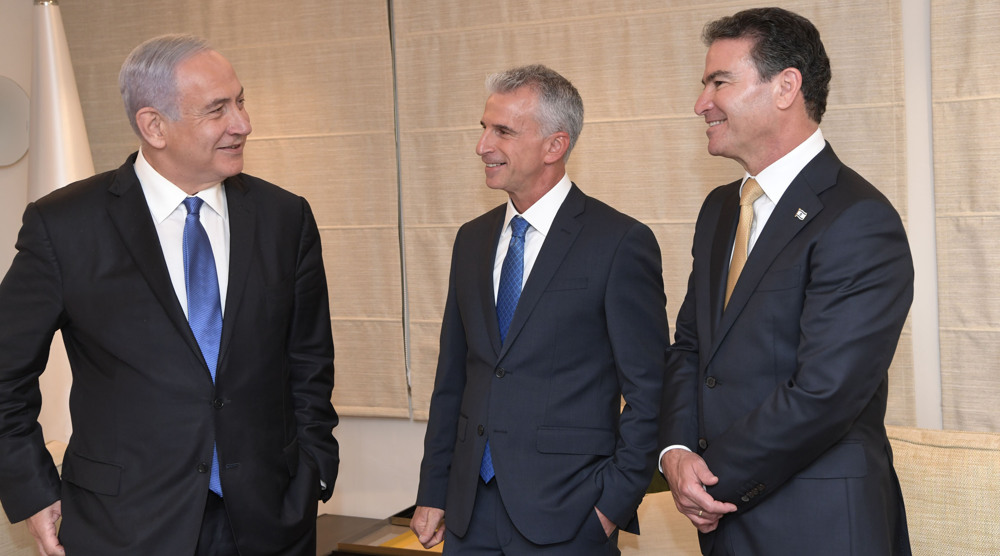


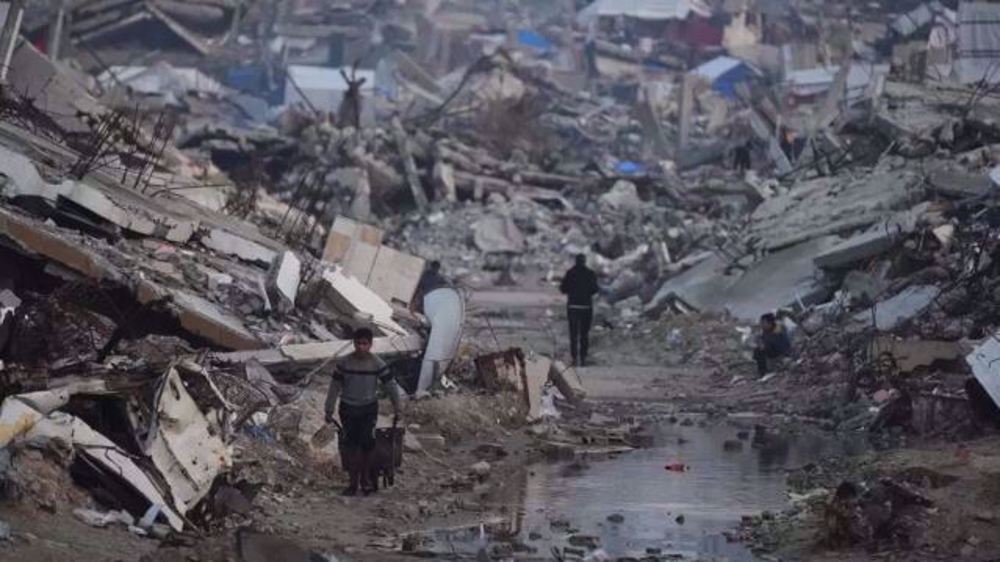
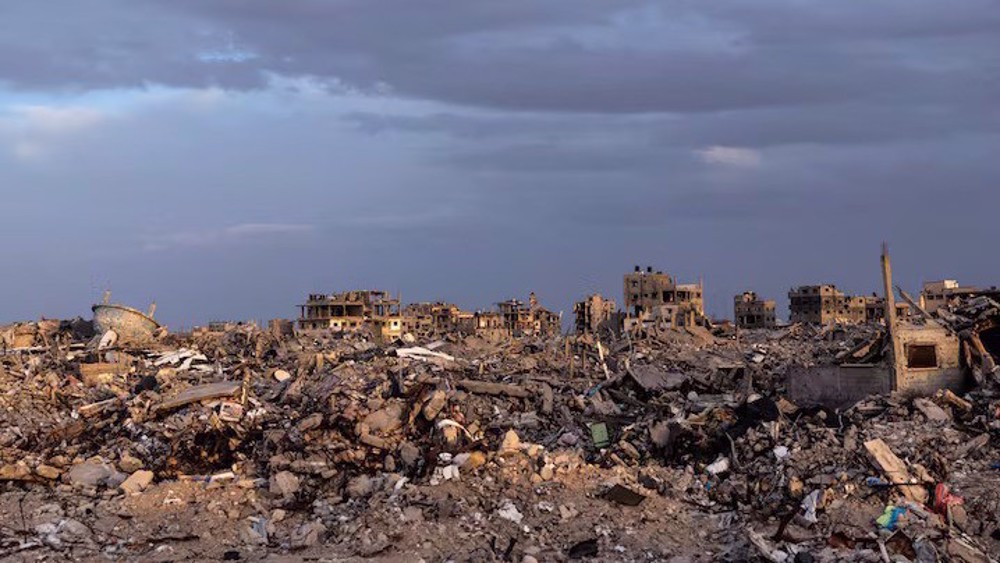




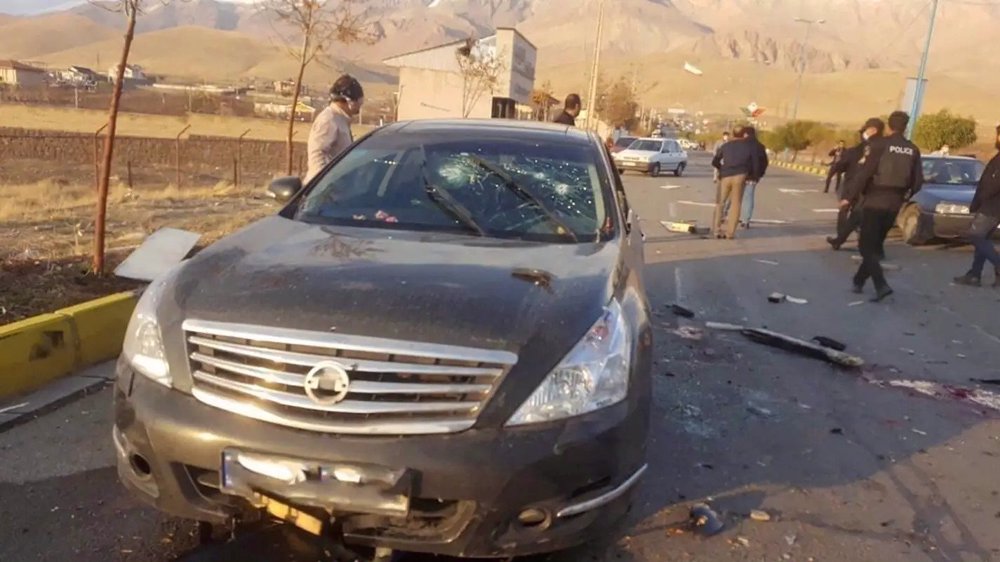
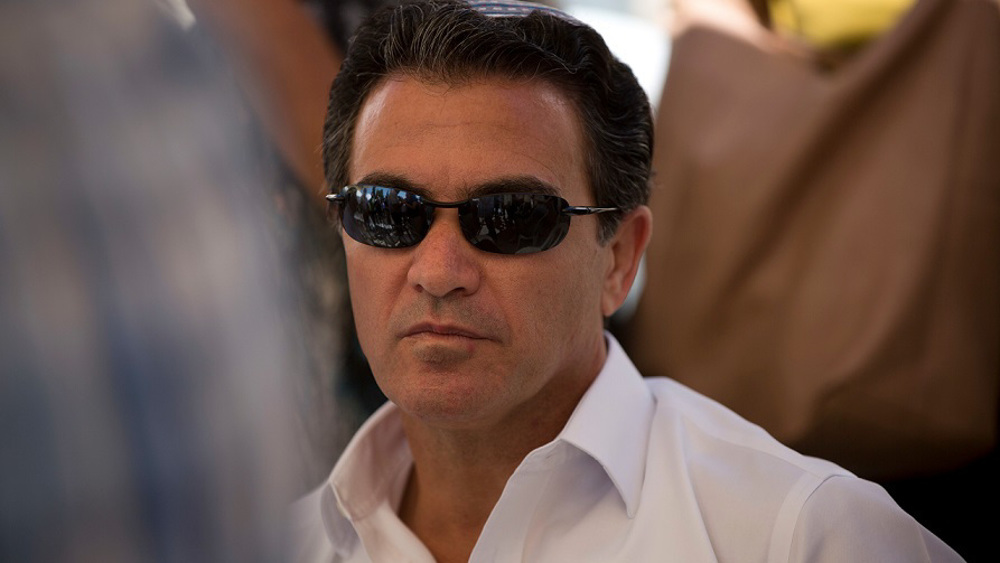
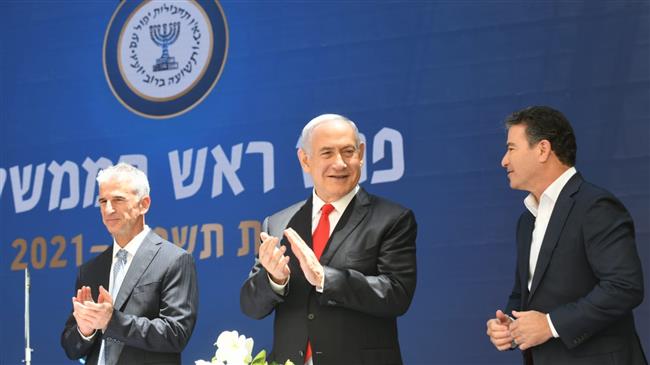

 This makes it easy to access the Press TV website
This makes it easy to access the Press TV website